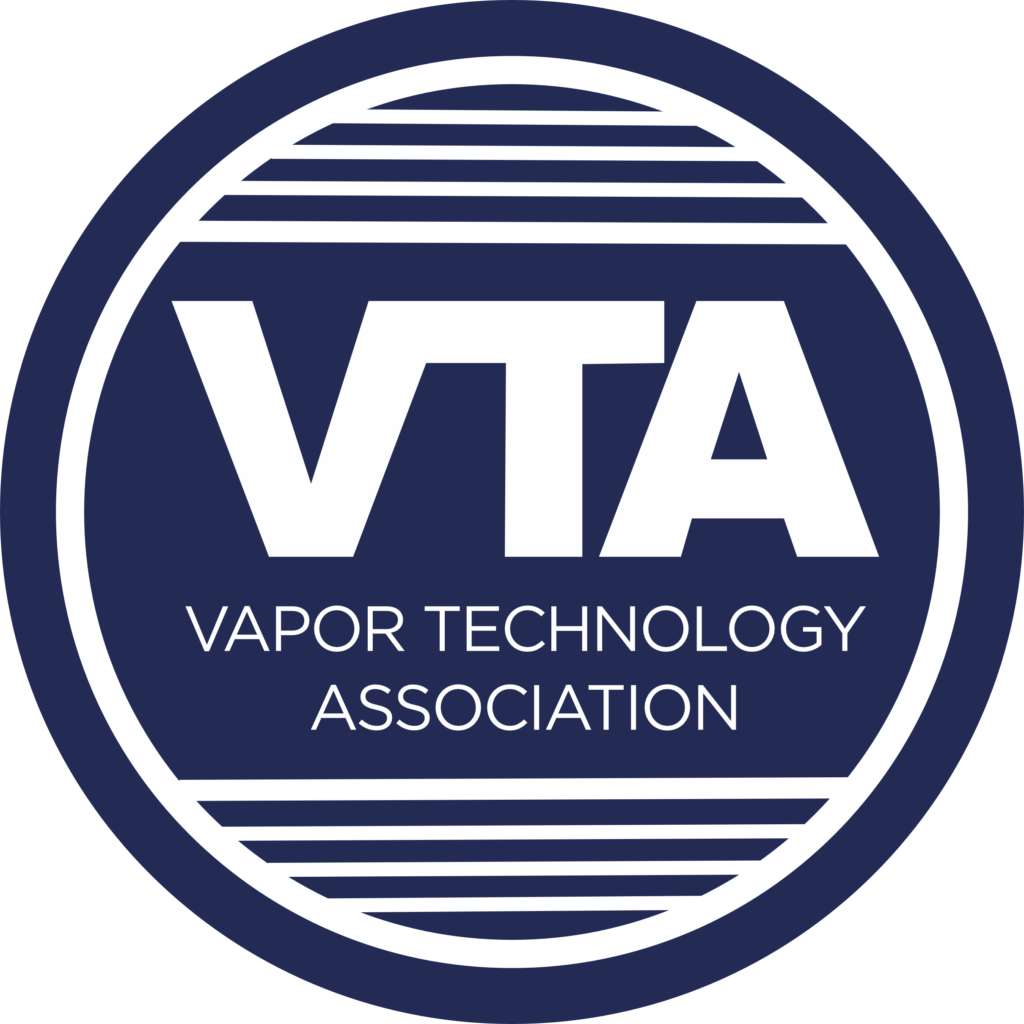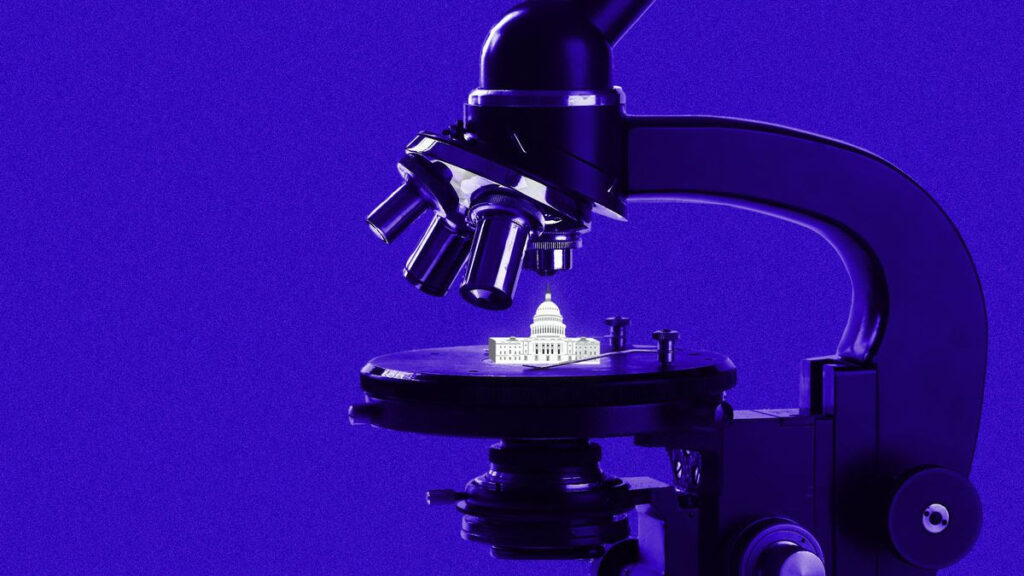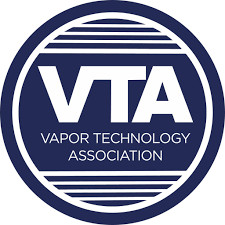VTA presses CTP on clarifying enforcement discretion policy
The “million dollar” question: CTP has historically allowed all tobacco products with pending pre-market tobacco applications (PMTAs) to remain on the market, subject to FDA’s enforcement discretion, but in the past few months has been making confusing statements particularly with respect to non-tobacco nicotine (NTN) products, also known as synthetic nicotine products. Following up on VTA correspondence from early November 2022, we asked Director King directly during our January 10, 2023 meeting: “Has CTP had changed its well-established enforcement discretion policy for non-tobacco nicotine products only?”
What we said: It’s extremely important that we get clarity on this question so all market participants understand CTP’s position and so that companies are not able to misrepresent CTP’s position for their own benefit.
- For years, CTP has used enforcement discretion to allow all tobacco products with pending PMTAs to remain on the market and that policy should be consistently applied to tobacco-derived and non-tobacco derived nicotine products alike.
- CTP has exercised enforcement discretion for years. CTP has asked courts not to limit its enforcement discretion. CTP has explained its actions or inactions based on enforcement discretion.
- Some companies have been attempting to confuse retailers and dissuade them from carrying synthetic nicotine products by claiming that CTP uses enforcement discretion only for tobacco-derived nicotine products and not for synthetic nicotine products.
- Nothing in the new law limited CTP’s enforcement discretion – in fact, CTP has been exercising that discretion – and CTP would never unilaterally limit its own discretion.
What FDA said: During the January 10 meeting Director King indicated that had been no policy change with respect to CTP’s use of enforcement discretion. Director King promised a formal letter soon from CTP in response to VTA’s questions to clarify CTP’s position.
King to VTA: FDA has no enforcement discretion policy for TDN or NTN products!
VTA received a letter from Director King on February 2, 2023 outlining CTP’s formal position on enforcement discretion regarding tobacco-derived nicotine (TDN) and non-tobacco/synthetic nicotine (NTN) products.
About Face: The formal response letter promised from Director King stated, among other things, that:
- TDN products are not being treated differently than NTN products.
- CTP has not been using enforcement discretion for tobacco-derived nicotine products or synthetic nicotine products.
- All products, regardless of whether they include tobacco-derived nicotine or synthetic nicotine, are illegal and cannot be sold unless and until their PMTAs have been authorized.
Go deeper: While CTP has always acknowledged that FDA was using its enforcement discretion, that has changed. Here is how CTP recasts its historical and current position:
“Accordingly, your letter’s assertion that FDA is “us[ing] its enforcement discretion to allow…products to remain on the market” while they undergo review is not correct. On the contrary, as the guidance reiterates, all illegally marketed TDN e-cigarette products are subject to FDA enforcement. The same principle applies to NTN products; specifically, all illegally marketed NTN products are subject to enforcement.”
“FDA cannot affirmatively allow or permit the unlawful marketing of tobacco products, including TDN and NTN e-cigarette products; as the above statements reflect, all illegally marketed products are subject to FDA enforcement, such a seizure, civil money penalty, or injunction. Moreover, FDA has not adopted a broad policy of enforcement discretion with respect to TDN or NTN e-cigarette products that lack the required premarket authorization.”
Why Now?
- Sure, VTA has been pressing CTP on clarifying the question of enforcement discretion for months.
- But, it is worth noting that CTP’s letter (three months in the making) was received just one day after Sen. Richard Durbin (D-IL) and other Senators issued another yet another press release and sent a letter to HHS Secretary Xavier Becerra blasting CTP for its, yes, “exercise [of] enforcement discretion,” and demanding “This enforcement discretion should have ended years ago. It must end today.”
- According to CTP’s letter, they have never been using and are not using enforcement discretion for any nicotine-containing product.
Takeaway. As far as the FDA is concerned, every nicotine product that is on the market without having already received a PMTA authorization (even if that PMTA is still being reviewed by FDA) cannot be marketed. And, there is no enforcement discretion preference for tobacco-derived nicotine products as compared with non-tobacco/synthetic nicotine products. They are all in the same boat from FDA’s perspective.




